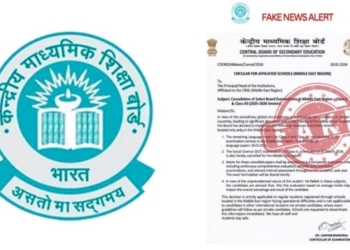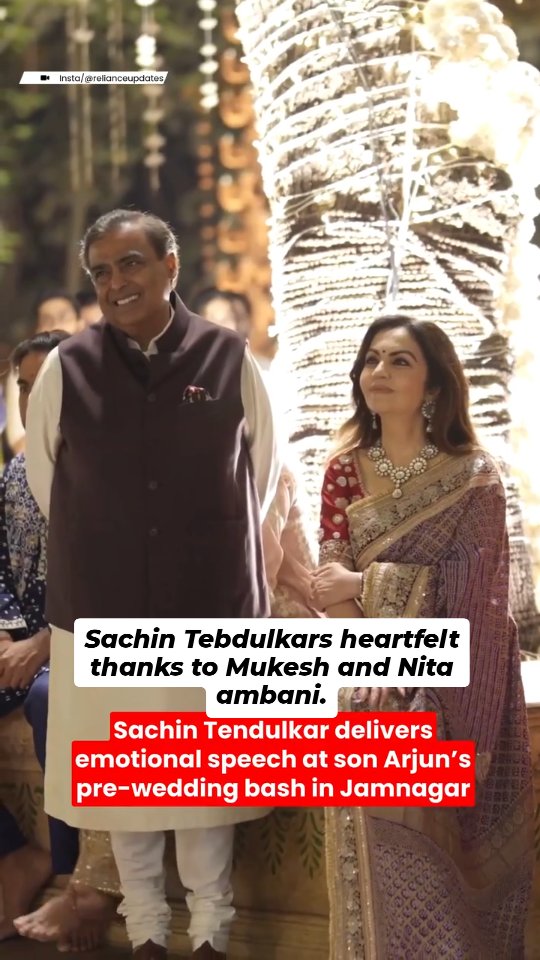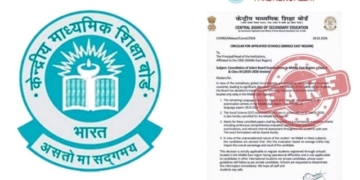The Supreme Court of India on Tuesday strongly affirmed that no soldier can place personal religious beliefs above the collective ethos, discipline, and unity of the armed forces. The court dismissed a petition filed by former Indian Army officer Samuel Kamalesan, who challenged his dismissal after refusing to enter the sanctum sanctorum of his regiment’s sarv dharm sthal—a multi-faith place of worship.
A bench comprising Chief Justice of India Surya Kant and Justice Joymalya Bagchi described the officer as a “misfit for the Indian Army,” emphasising that his conduct reflected “religious ego” and undermined team cohesion. The judges stressed that such behaviour demonstrates “the grossest form of contempt and indiscipline” and is unacceptable in an institution that relies on unity and mutual respect.
Kamalesan, who joined the Army’s 3rd Cavalry regiment as a Lieutenant in 2017, served as the troop leader of Squadron B, consisting primarily of Sikh personnel. In 2021, he was dismissed following repeated refusals to enter the regiment’s multi-faith prayer space, which housed a gurudwara and a temple. Despite instructions from his commanding officer and advice from a pastor assuring him that his faith would not be compromised, the officer continued to decline.
Representing Kamalesan, senior advocate Gopal Sankaranarayanan argued that the petitioner’s monotheistic faith prohibited entering such spaces and that he feared being compelled to participate in rituals contradicting his beliefs. The bench found the explanation inadequate and inconsistent, noting that the officer’s stance insulted the sentiments of the very soldiers he was expected to lead.
“You are a troop leader commanding Sikh, Jat, and Rajput soldiers. This is how you respect their beliefs?” the bench questioned, adding that his tone and behaviour were disrespectful.
The court further held that Article 25 of the Constitution protects only essential religious practices—a condition not met in this case, particularly since the officer disregarded his pastor’s guidance. “Your personal interpretation of your religion cannot supersede discipline,” the bench observed.
When the petitioner argued that caste-based regiments were inconsistent with secularism, the CJI rebuked the claim, highlighting the unique challenges faced by the armed forces and the need for sensitivity before making sweeping statements about military structures.
Concluding that Kamalesan’s conduct violated the Army’s secular fabric and operational discipline, the Supreme Court upheld the Delhi High Court’s May 30 order and dismissed the appeal. The bench remarked: “He may be capable in other fields, but he is an absolute misfit for the Indian Army.”





























